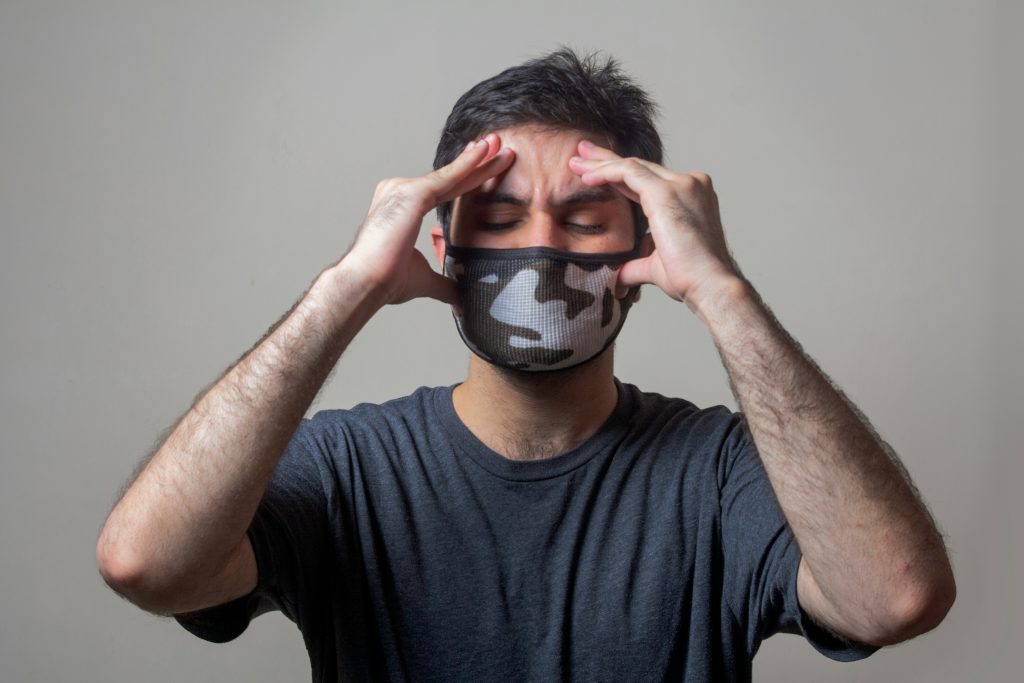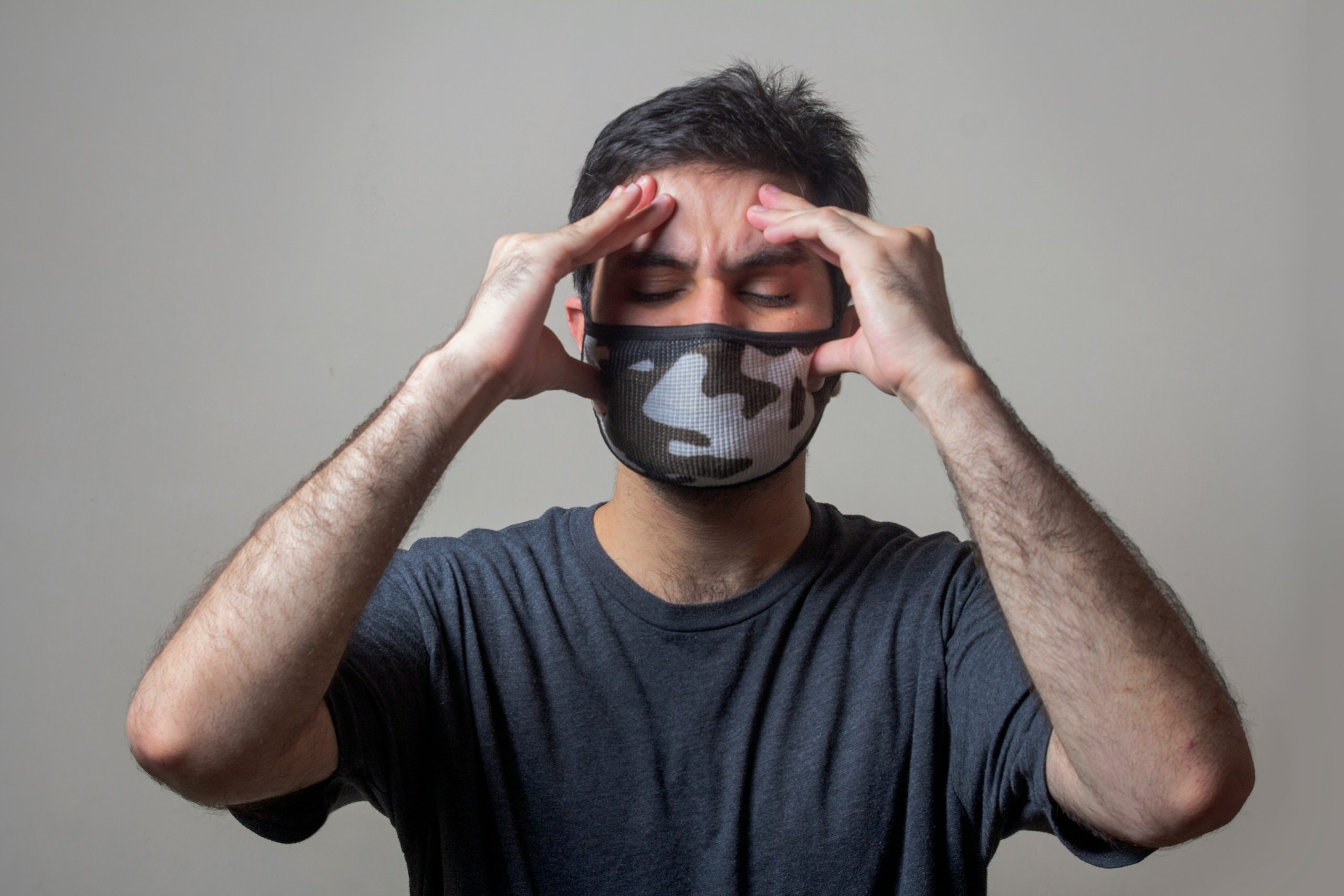Long-term drinking may require support to reduce symptoms
Alcohol withdrawal: What Is It?
The physical and psychological symptoms a person goes through after quitting heavy and prolonged alcohol use are referred to as alcohol withdrawal. Abruptly quitting alcohol causes your body to lose the effects of the alcohol, and it takes some time to get used to not having it. These symptoms can range from mild to severe, depending on how long you have been drinking, how much you usually drink, and your physical health.
Alcohol withdrawal symptoms
The degree of alcohol consumption and the length of a person’s recent drinking habit are directly correlated with the symptoms of alcohol withdrawal.
While not everyone who stops drinking experiences withdrawal symptoms, many people who have been drinking heavily, frequently, or for a long time will experience some symptoms if they stop drinking alcohol abruptly.
When you stop drinking, you may have several mild-to-moderate psychological and physical symptoms.
Psychological Symptoms:
• Anxiety
• Bad dreams
• Depression
• Having trouble thinking clearly
• Tiredness
• Excessively twitchy or anxious
• Irritability or a tendency to get excited quickly
• Sudden changes in mood
• Unsteadiness
Physical symptoms:
• An increase in blood pressure
• Headache
• Sleeplessness
• Appetite loss
• Vertigo and queasiness
• Slickniess
• Palpitations or an accelerated heartbeat
• Perspiration, particularly on your face or palms of your hands
- Tremours

Alcohol withdrawal causes
Since alcohol slows down the brain, it is a depressant. The brain releases more stimulating chemicals when someone drinks heavily, frequently, or for extended periods, counteracting the depressant effects of alcohol (compared to when a person does not drink). The brain adjusts to overproduction as the new normal.
The brain continues to produce excess chemicals after a person stops drinking, which may result in uncomfortable symptoms of alcohol withdrawal linked to overstimulation. While the brain will adjust, a person experiencing withdrawal may feel sick.
The symptom timeline for alcohol withdrawal
There are three phases to the intensity of alcohol withdrawal. These stages can have mild to severe symptoms. Not everyone goes through every step of the alcohol withdrawal process.
Phase 1: Mild Withdrawal
Mild withdrawal resembles hangovers. They don’t disappear in a day or two. is regarded as moderate. After your last drink, mild withdrawal symptoms usually start six to twelve hours later.
These initial signs of withdrawal consist of the following:
- Reduced appetite
- Palpitations
- Headaches
- Insomnia
- Light to moderate anxiety
- Mild tremours
- Upset stomach
Each person experiences alcohol withdrawal on a different timetable. It depends on many things, such as how much, how long, and how frequently you have been drinking alcohol.
Phase 2: Moderate Withdrawal
The following moderate symptoms are added to the Stage 1 symptoms of alcohol withdrawal in this stage:
• Disorientation
• Severe perspiration
• Rapid heartbeat (above 100 beats per minute)
• Elevated systolic blood pressure
• Moderate anxiety
• Tremour
• Shallow, rapid breathing
Usually, these signs show up 12 to 24 hours after your last drink. Despite being more severe than in Stage 1, these symptoms do not pose a hazard to life.
Stage 3: Intense Withdrawal
Severe alcohol withdrawal is accompanied by moderate to severe tremors and severe anxiety in addition to Stage 2 symptoms.
Complicated withdrawal
Alcohol withdrawal can become more complex if treatment for withdrawal is not received.
The symptoms of alcohol withdrawal delirium include withdrawal seizures that can occur between 8 and 28 hours after your last drink. Signs of an impending seizure include tremors, increased blood pressure, overactive reflexes, and high temperature and pulse. Having a history of seizures increases your risk for withdrawal seizures.
Alcohol withdrawal delirium (AWD), commonly known as delirium tremens (DT), is the most dangerous symptom of alcohol withdrawal. AWD usually lasts 48 to 72 hours.
Delirium tremens symptoms include:
- Anger
- Confusion (which may be severe)
- Risky variations in blood pressure
- Excessive perspiration
- Fever
- Hallucinations
- Heart arrhythmia (irregular heartbeat)
- Abrupt mood swings
- Seizures
- Sensitivity to light, touch, or sound;
- Excessive tremours
The signs and symptoms of DT can worsen quickly and even be lethal. Until the symptoms of delirium tremens are under control, the patient must be hospitalised.
How long does alcohol withdrawal take?
When someone stops drinking all of a sudden and experiences alcohol withdrawal, they frequently ask themselves two main questions: “Is this normal?” and “How long does it last?”
Since there isn’t a “normal” withdrawal period, it can be challenging to forecast how each person will experience it.
Withdrawal symptoms usually start a few hours to a day or two after your final drink. Usually, the worst times for symptoms to occur are 24 to 72 hours after you stop drinking.
After you stop drinking, you should start to feel better in five to seven days, though some symptoms, such as fatigue, mood swings, and altered sleep patterns, can linger for weeks or months.

Treatment for alcohol withdrawal
With the proper medical attention, doctors can significantly reduce alcohol withdrawal symptoms. Anyone who wishes to give up alcohol can get specific treatments available, even those who have used alcohol for a long time and chronically.
Outpatient Care
Treatment plans change based on how severe the withdrawal symptoms are. Individuals exhibiting mild to moderate symptoms of alcohol withdrawal are frequently treated as outpatients, which eliminates the need for prolonged hospital stays or facility stays. However, they are advised to have a carer stay with them while they heal.
A doctor may prescribe daily visits, during which they will take blood samples and monitor your vital signs until your symptoms subside.
Hospitalisation
When experiencing moderate to severe symptoms of alcohol withdrawal, a patient may need to stay inpatient for treatment, either at a hospital or care facility.8 Healthcare providers can keep an eye on your vital signs, check for DT or hallucinations, and give you intravenous fluids or medication if necessary, when you receive inpatient treatment.
Home detoxification
Many people would prefer to be treated privately at home for any illness, and we know that this is especially true for those struggling with addiction.
Independent medically qualified practitioners can arrange UK home detox programmes. This is accompanied by online counselling, which is especially useful post-detox. It enables treatment in the home rather than in a hospital or clinic setting. Before starting any detox, an independent medical practitioner will conduct a risk assessment. They will work closely with Addictions UK therapists to determine the therapeutic benefits of such treatment. Home is typically the most comfortable and safest place to be.
Ruling out other conditions
A medical professional will also perform tests to rule out other illnesses that may coexist with alcohol withdrawal symptoms or have symptoms similar to it. These ailments include bleeding in the gastrointestinal tract, liver failure, infections, and intracranial haemorrhage (acute bleeding in the brain).
Guidance
Generally speaking, counselling is advised for those going through alcohol withdrawal.8 A therapist can guide managing the psychological and emotional consequences of withdrawal.
A counsellor can support someone in navigating the process of stopping drinking and help them get ready for life after withdrawal. A therapist can also give ongoing support for relapse prevention.
Getting support to stay sober
After going through withdrawal, you’ll also need a strategy for staying sober. Speak with a healthcare professional about your options for alcoholism treatment first.
Anyone who is ready to give up alcohol permanently or who wants to cut back on the adverse effects it is having on their life can find a wealth of resources. As you remain dedicated to long-term recovery, attend meetings of support groups such as Alcoholics Anonymous.
If you or a loved one is struggling with alcohol addiction, call Freephone at 0800 140 4044
Freephone: 0800 140 4044
Local rate: 0300 330 3040

